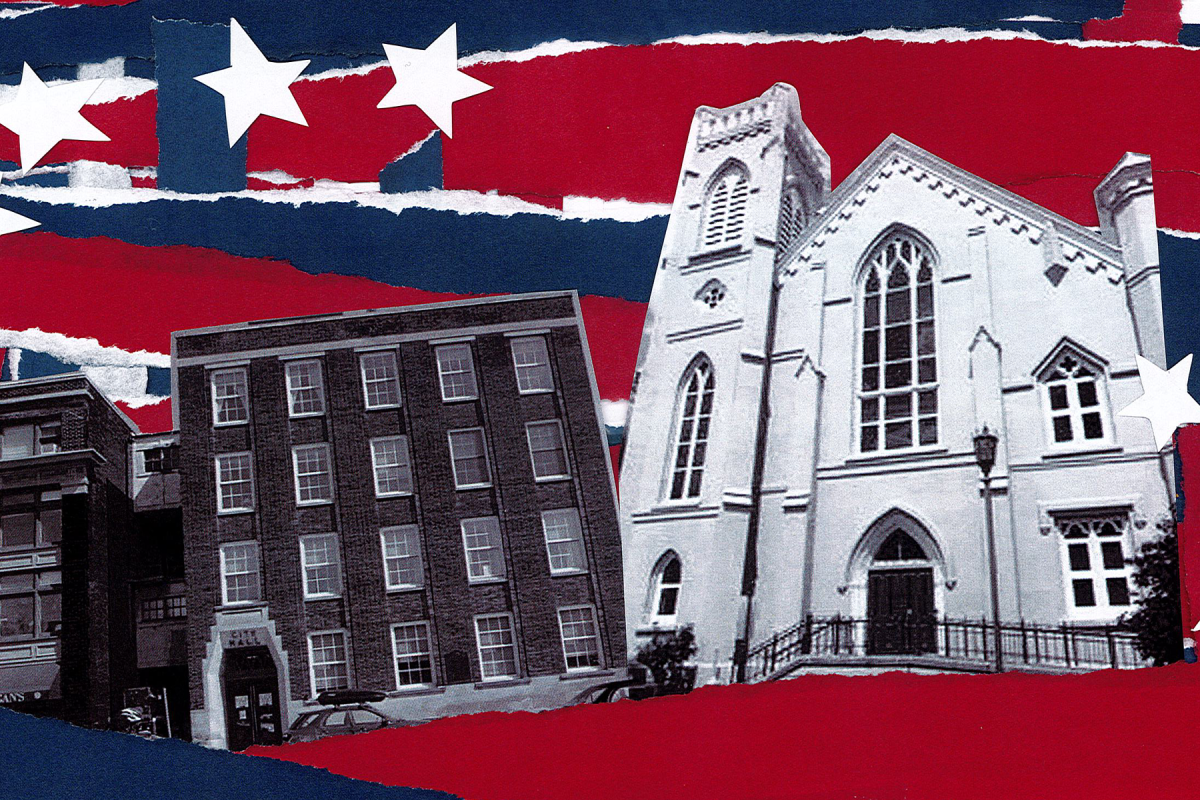In a cozy Garden apartment, over cups of steaming tea and plates of cookies, students discuss issues of social inequality in relation to their own experiences.
Tackling tough topics like affirmative action and white privilege, students from different ethnic backgrounds, academic majors and graduation years share their stories in an outlet designed for continuing dialogue about theories and ideologies outside of the classroom.
This meeting, one of an ongoing series titled “Intersectionali-Tea Time,” is part of a new student group founded by seniors Brandy Heath and Kristiana Reyes this semester.
Heath said the classes in the politics department and the Center for the Study of Culture, Race and Ethnicity have equipped her with the language and tools needed to address her own marginalization.
Because of time constraints in the classroom, however, Heath said this often stifles possible discussions with her classmates.
“These classes are, at most, 75 minutes long and occur twice a week,” Heath said. “After sitting through the lecture, students only have about 15 minutes of that 75 to discuss their questions, comments and concerns. The ball starts to roll on opening up the difficult dialogue only for us to end it and run off to another class.”
Reyes and Heath drew inspiration for the name of the group from the feminist race theory of intersectionality, drafted by Kimberlé Crenshaw, professor of law at the University of California, Los Angeles and Columbia University. Intersectionality connects the complex relationships between various forms of marginalization, whether through race, gender, class or sexual identity, to show that discrimination and oppression of identity are interrelated.
Crenshaw, a leader in critical race theory, visited Ithaca College Oct. 26 as a speaker for the CSCRE’s annual discussion series. Her speech, titled “Intersectionality in the Age of Post-Racialism,” addressed the need for community, one of the key tenets of the Intersectionali-Tea Time.
“None of us can do what we do on our own,” Crenshaw said at the speech. “We need community for sustenance, for support, and that community is the key that helps us to continue to create, to continue to fight, even when odds are against us.”
This idea of community is reinforced with the setting of Intersectionali-Tea Time. Weekly meetings — times and dates are posted in the group’s Facebook group and on campus fliers — are open to everyone. The community provides the topics, and facilitators host on a rotating basis.
Though the setting is casual, the feeling is intimate, with students opening their minds and their hearts to one another, sharing their stories facing social inequality issues and working through those issues together.
Junior Tessa Crisman, who hosted the most recent meeting of Intersectionali-Tea Time at her house, said the group is more than teatime with friends.
“Intersectionali-Tea is a statement that change doesn’t look like what you think it does,” Crisman said. “It looks like us drinking tea and supporting one another and working in whatever way we can to make this campus a safe place for everyone regardless of the identities they occupy.”
Junior Cedrick-Michael Simmons, who participated in the first Intersectionali-Tea Time, said that the student group is an excellent environment in which students can challenge themselves out of complacency or from silence about their experiences.
“We, as students at IC, are way too comfortable amongst our circles, and not enough outreach and uncomfortable dialogue is being had,” Simmons said. “There is not only strength in numbers, but there is strength in consciousness and critical perspectives that know what it takes to make systems of oppression and those in power react, respond and respect.”
Reyes said she hopes the group will inspire students to talk about their experiences and to engage in dialogue about social justice, both in and out of the classroom.
“This project is meant for those students who come out of the class both burdened and enlightened with knowledge and want to talk or do something about it,” Reyes said. “Everyone is absolutely welcome. Ideas are absolutely welcome. The future of Intersectionali-Tea Time lies on its participants. We want this to be a continuous tradition in this community, and we urge other students to host and facilitate talks themselves.”








